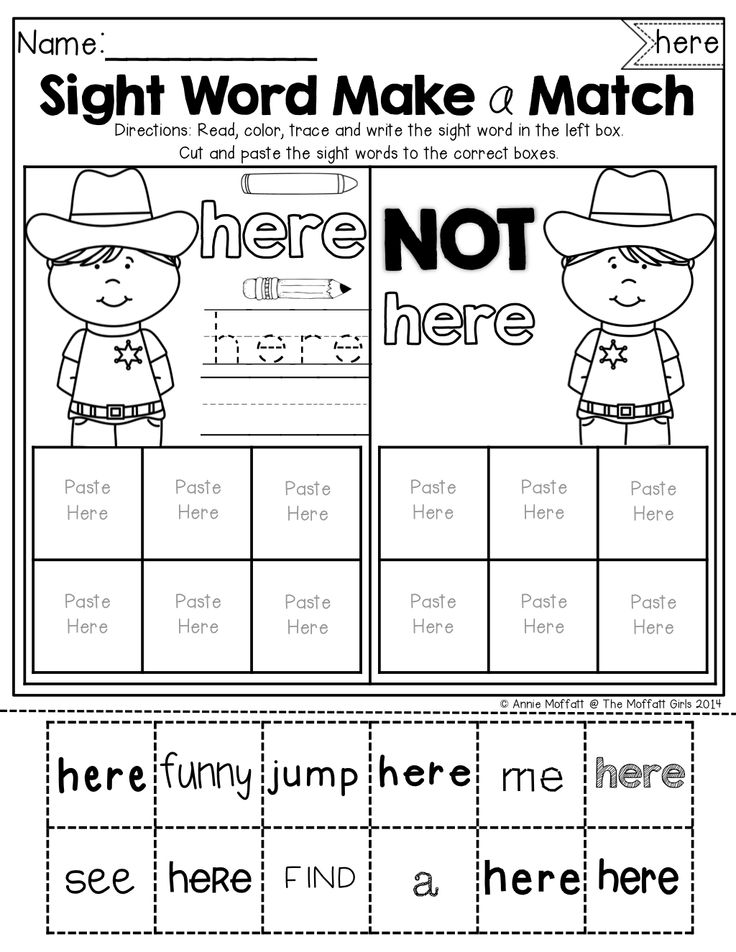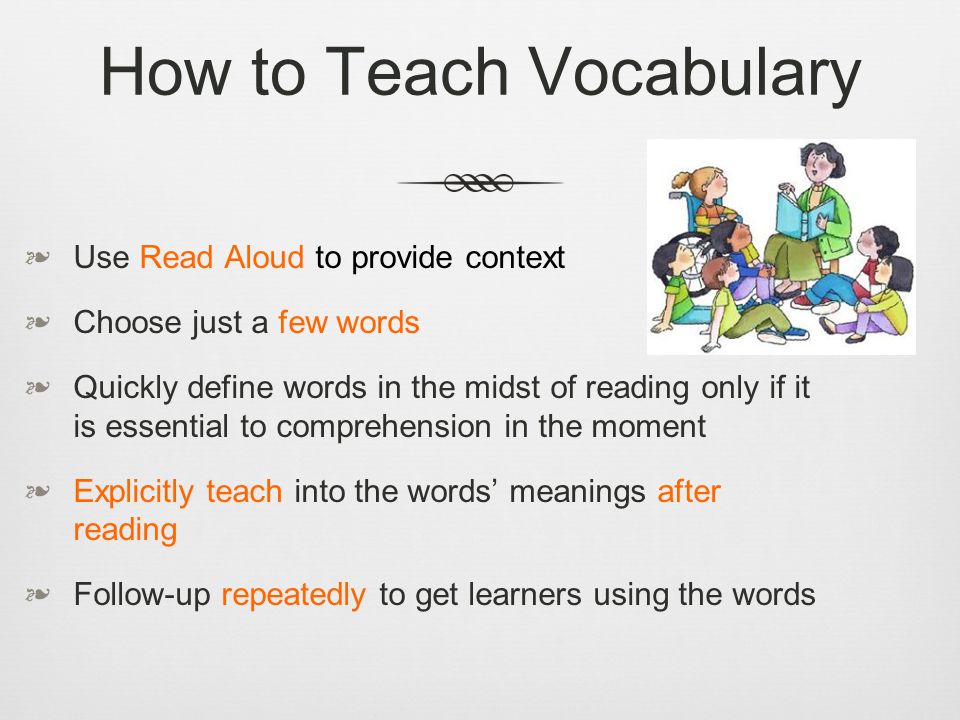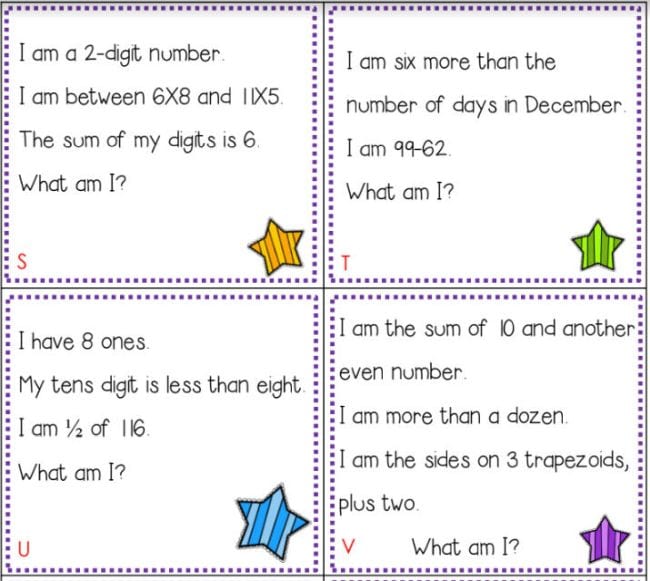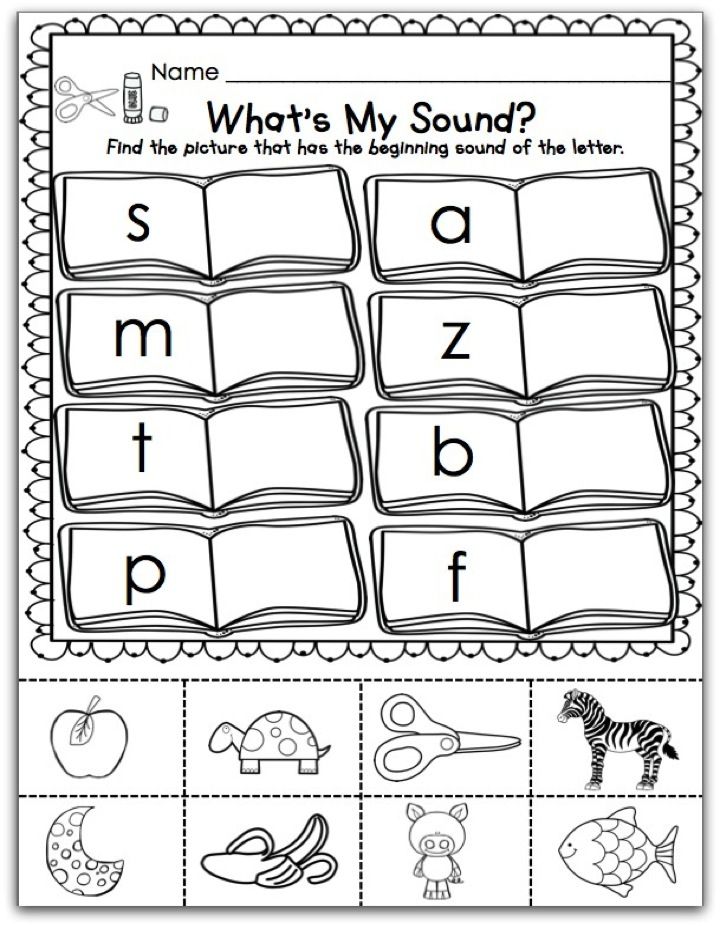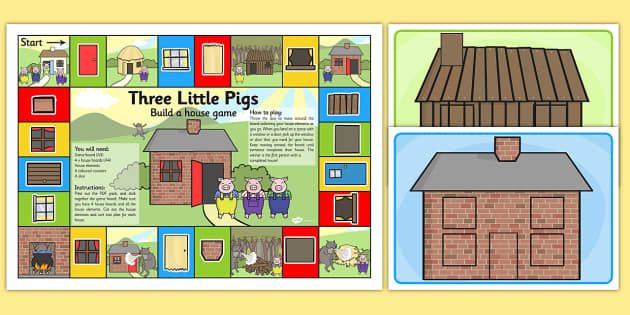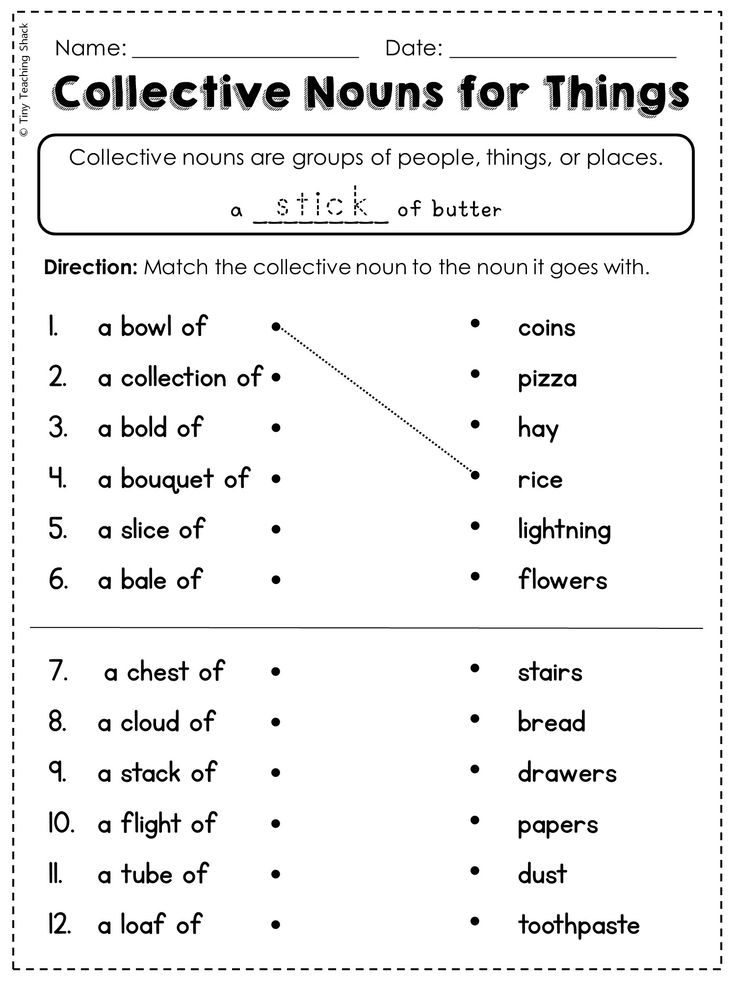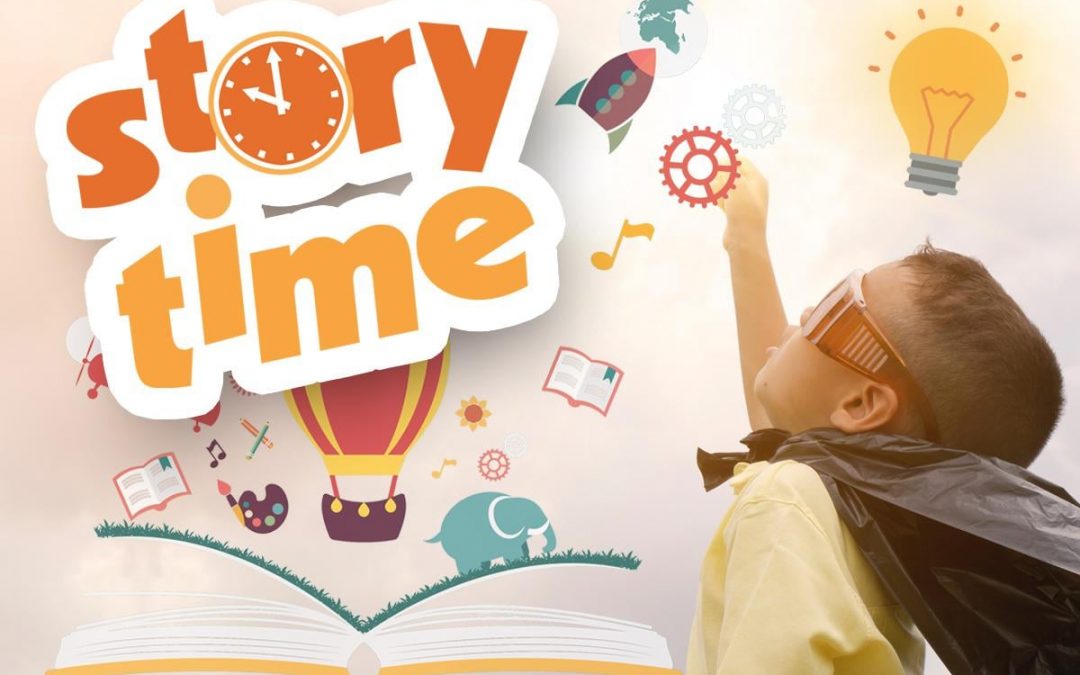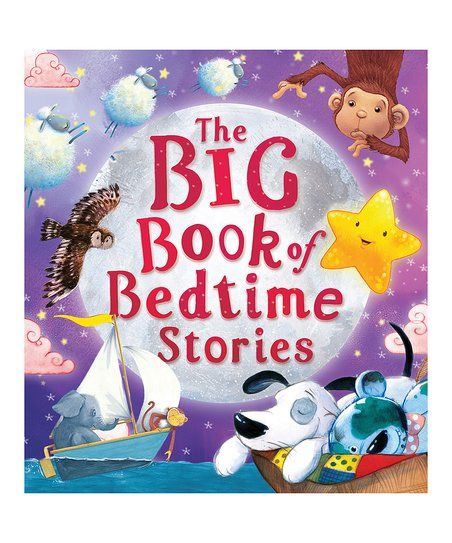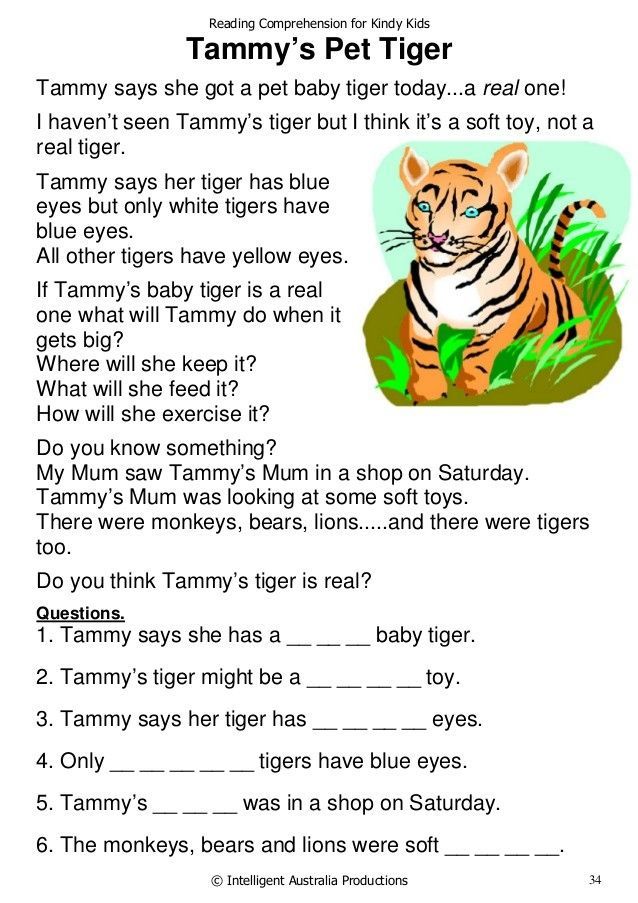Why learn sight words
Sight Words 101
First let's define what sight words are. Sight words are defined by your child. His sight words are the words that he can already recognize by sight without using any specific strategies. That's not usually how the term is used, though. Just to confuse you, when you see lists of sight words what you are usually seeing are lists of high frequency words or Dolch Words. Edward William Dolch first compiled the full list and broke it down into five levels for children to learn by sight. They are a list of 220 words that are used so often in print that together they make up an estimated 75% of all words used in books. Some of the words cannot be decoded using conventional strategies so memorizing them until they are known by sight is beneficial.
You might think that these words are so common that kids would just learn them organically through reading and other everyday print. But many of the words also defy standard phonetic conventions, meaning they are impossible to sound out.
They are often also difficult to illustrate, so children can't use illustrations in picture books to make a deeper connection to these words. Can you illustrate "is" or "it?" Me neither.
On the flip side, the wonderful thing about these words being so common is that children learn them easily with repetition because they are usually words that they already have in their everyday vocabulary.
Working hard to learn these words by sight (memorizing) pays off. It allows kids to free up cognitive resources so they can focus on the tougher words that require strong decoding skills. They are also able to understand the majority of the text if those decoding skills fail. There is more to why sight words are important than just simply the mechanics of reading; they are also fantastic confidence boosters. One of my educational philosophies is to build children's confidence up and then present an attainable challenge. Sight-word knowledge provides a scaffold of understanding and confidence for new readers who need to use all the other tools in their tool box to complete the job at hand: reading with understanding.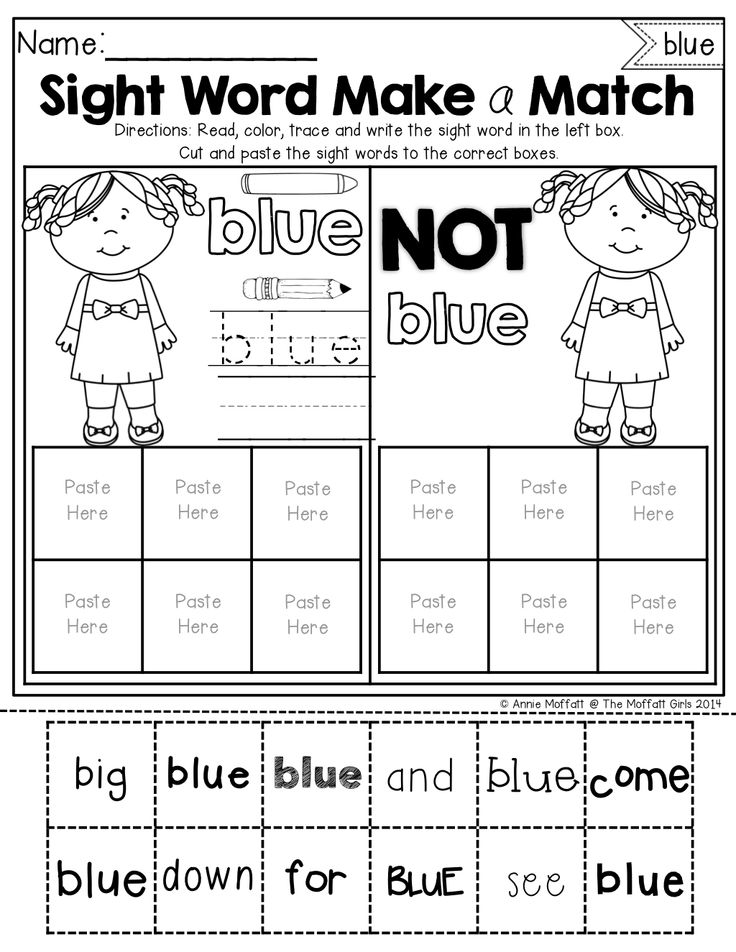
So now that we know what they are, why they are important, and what they can do, we need to figure out how parents can help.
Have fun with these words!
Of all the various reading strategies, I find working on sight words to be the easiest for parents to get involved in. If you aren't sure which words to work on with your children, you can check with their classroom teacher or find the Dolch word lists here.
Using these lists, try out some of these simple sight-word activities at home.
1. Sight Word Bingo
You can find many different commercial sight-word bingo games, or you can make your own. Here is a simple post from teachmama.com that shows you how.
2. Sight Word Hide & Seek
Write sight words on index cards, and hide them around the house. Set the timer and give your child two minutes to find as many sight words as he can. At the end of the two minutes, have him read the list to you. He gets one point for every correct word.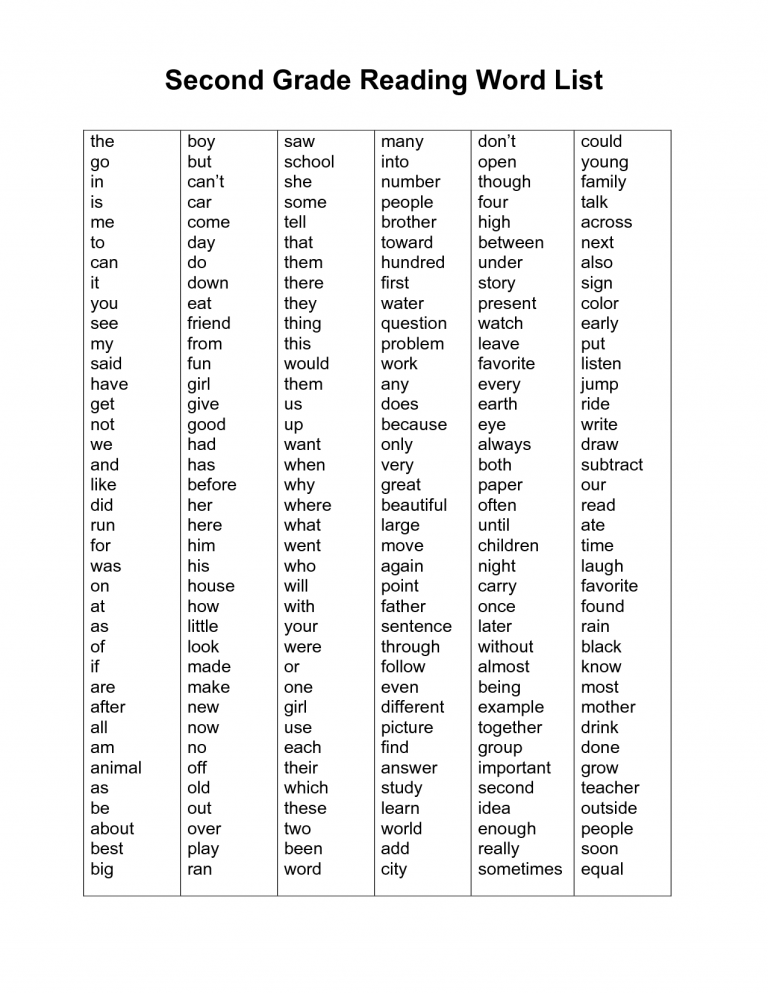 Repeat, challenging him to break his own record.
Repeat, challenging him to break his own record.
3. Sight Word Memory
Using index cards, write out pairs of sight words and place them facedown on a table. Take turns flipping over the cards and reading the words. If you make a match, you keep the cards. The person with the most cards when they are all turned over wins.
4. Meal Time Word Wall
Make a word wall with a large piece of butcher paper. Start with two words, adding a new one daily. Have your child read the whole list every mealtime. If she has trouble with the list, do not add more words until she can read them without trouble.
How do you work on sight words at home? Tell us about it on the Scholastic Parents Facebook page.
What Are Sight Words and Why Are They Important?
by Courtenay M.
What Are Sight Words and Why Are They Important? Image courtesy of www.windsor.k12..mo.us
Like many families this week, your children are heading back to the classroom and coming home with a worksheet or two of homework.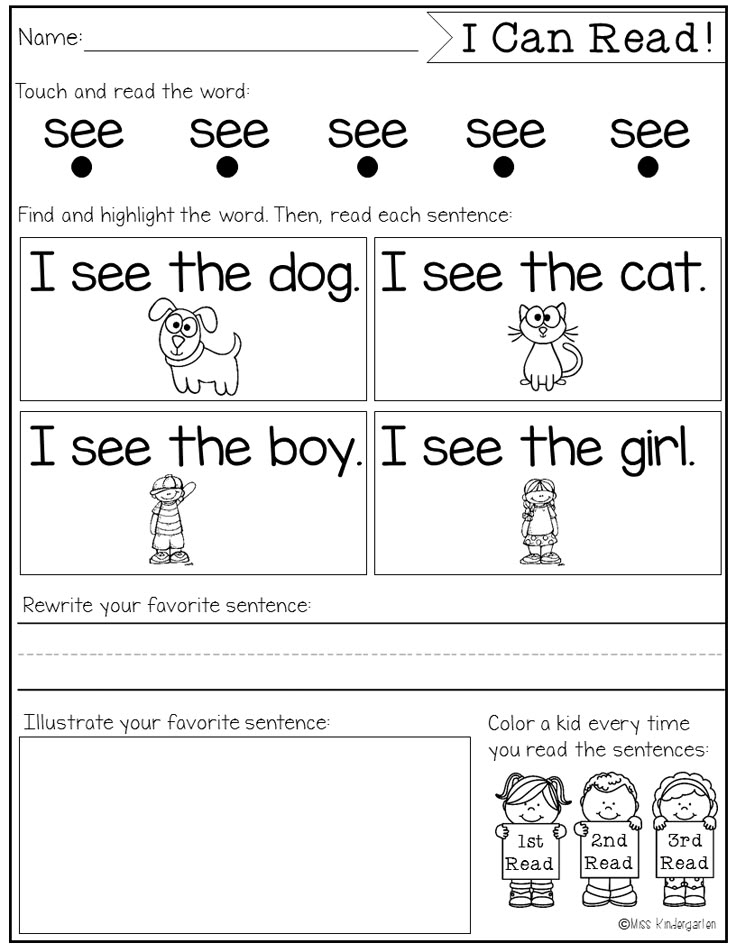 (Make that dozens of worksheets for your older kids!) The homework that caught my eye this week is the list of “sight words.” What are sight words? Sight words (high-frequency words, core words or even popcorn words) are the words that are used most often in reading and writing. According to Teach Stix:
(Make that dozens of worksheets for your older kids!) The homework that caught my eye this week is the list of “sight words.” What are sight words? Sight words (high-frequency words, core words or even popcorn words) are the words that are used most often in reading and writing. According to Teach Stix:
In classrooms across America, the development of sight word recognition continues to be a top priority when instructing emerging and beginning readers.
They are called “sight” words because the goal is for your child to recognize these words instantly, at first sight.
Why are Sight Words Important?
Sight words are very important for your child to master because, believe it or not, “sight words account for up to 75% of the words used in beginning children’s printed material”, according to Study to Identify High-Frequency Words in Printed Materials, by D.J. Kear & M.A. Gladhart. There are different sight words for every grade level. Each set of words builds upon the other, meaning that once your child learns the sight words in Kindergarten, he will be expected to still recognize those words as he learns new words in first grade, and so forth.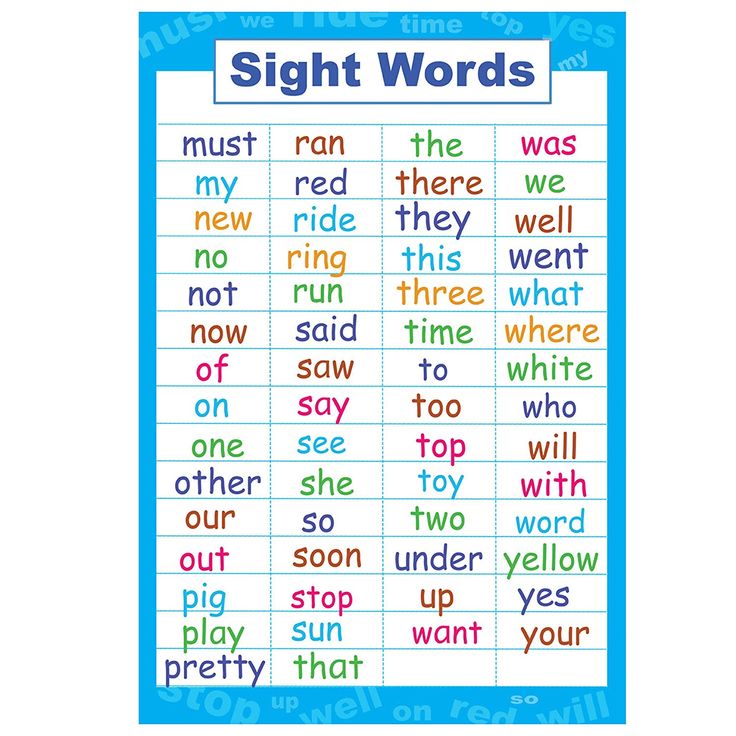
Many of the over 200 “sight words” do not follow the basic phonics principles, thus they cannot be “sounded out.” Beginning readers need an effective strategy for decoding unknown words, and being familiar with sight words is an effective method. Other benefits of sight words include:
- Sight words promote confidence. Because the first 100 sight words represent over 50% of English text, a child who has mastered the list of sight words can already recognize at least half of a sentence. If your child begins to read a book and can already recognize the words, chances are he won’t feel discouraged and put the book down, rather he’ll have more confidence to read it all the way through. And, choose another!
- Sight words help promote reading comprehension. When your child opens her book for the first time, instead of trying to decipher what ALL of the words mean, she can shift her attention to focus on those words she is not familiar with.
 She will already know at least half of the words, so focusing on the other half helps strengthen her understanding of the text.
She will already know at least half of the words, so focusing on the other half helps strengthen her understanding of the text. - Sight words provide clues to the context of the text. If your child is familiar with the sight words, she may be able to decode the meaning of the paragraph or sentence by reading the sight words. And, if a picture accompanies the text, your child may be able to determine what the story is about and come away with a few new words under her belt.
How to Practice Sight Words
You will want to become familiar with all of the sight words for each grade. Both the Dolch List of Basic Sight Words and Fry’s 300 Instant Sight Words, each of which can be downloaded from the Literacy and Information Communication System (LINCS) website. The key to mastering the list of sight words? Practice and repeat! The more opportunity your child has to become familiar with these words, the better. Of course, you’ll see sight words come home in the homework folder, or you may even be asked by the teacher to use flashcards, but there are many FUN activities and games that you can do together to help promote learning of the sight words.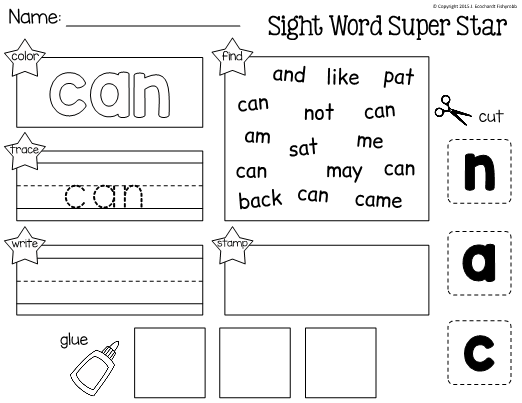
Educational website, Ed Helper has an extensive collection of printables and worksheets designed to help kids conquer their list of sight words. Even Pinterest has jumped aboard with creative ideas to help your child work on sight words. There is an entire Pinterest site dedicated to sight word activities for your kids! Think Skittles, snowballs, chalkboards…the choices are endless! Take a look!
Creative Ways to Conquer Sight Words. Pinned Image from teacherspayteachers.com
Sight words help your child build a foundation for reading comprehension and fluency. How about using online tools to help perfect those words? Most kids will welcome the chance to “play” online, even if it is educational. Our new Bitsboard app is a great way to target certain sounds and sight words in an engaging way. Enjoy!
Language Development
Tagged: articulation therapy, beginning readers, build reading skills, communication, communication milestones, communication skills, language development, parents' corner, reading skills, SchoolHow to learn 100 English words a day / Sudo Null IT News
Vocabulary decides a lot.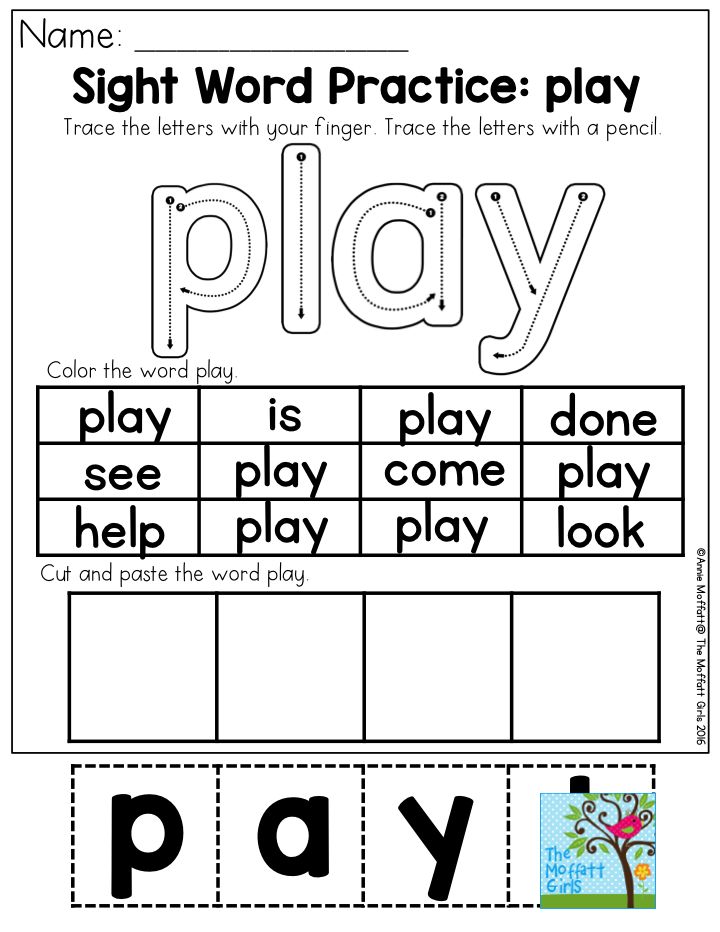 If you know the words, you understand what it is about, even without knowing the intricacies of grammar. If you don’t know a word, you communicate like Ellochka the cannibal. Today we are talking about how to remember a lot and for a long time.
If you know the words, you understand what it is about, even without knowing the intricacies of grammar. If you don’t know a word, you communicate like Ellochka the cannibal. Today we are talking about how to remember a lot and for a long time.
The usual memorization of words has a low efficiency. For example, for 11 years of the school curriculum, students memorize an average of 1-1.5 thousand words. To speak like a native speaker, you need to know at least 8 thousand words, the Upper-Intermediate level assumes knowledge of 6 thousand words. To understand CNN news, which are created taking into account the interest of a foreign audience, you need to know at least 3 thousand words.
Using traditional methods, it is easy to learn up to 10 words in one session, but only a few can memorize 30 or 50 new words in one day.
Everyone who learns a foreign language faces the following problems:
— words are quickly forgotten if they are not repeated;
- it is very difficult to learn many words at a time;
people just don't know how to learn words effectively;
- when a word gets into short-term memory, a person stops working with it.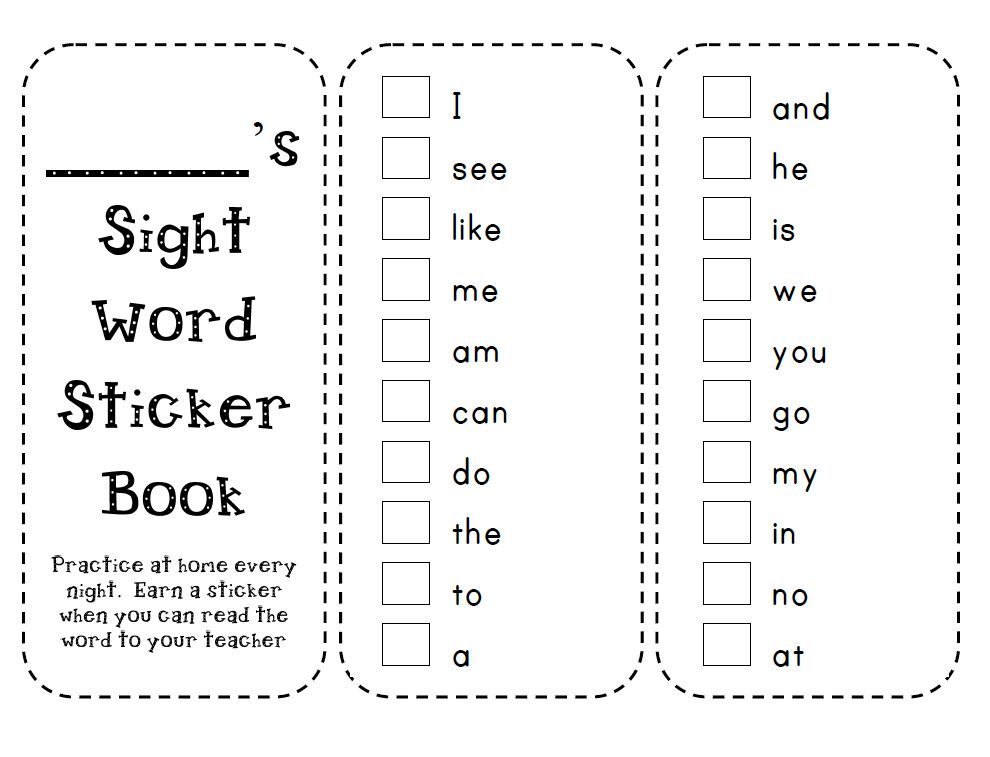
Why is that?
The German psychologist Hermann Ebbinghaus was engaged in research on "pure" memory - memorization that is not affected by thought processes. For this, the scientist proposed a method for memorizing meaningless syllables consisting of two consonants and a vowel between them, which do not cause any semantic associations.
In the course of experiments, it was found that after the first error-free repetition of a series of such syllables, forgetting occurs very quickly. Already during the first hour, up to 60% of all the information received is forgotten, 10 hours after memorization, 35% of what has been learned remains in memory. Further, the process of forgetting goes much more slowly and after six days about 20% of the total number of originally learned syllables remains in memory, the same amount remains in memory after a month.
After a series of experiments in 1885, Ebbinghaus derived the Forgetting Curve (also called the Ebbinghaus Curve).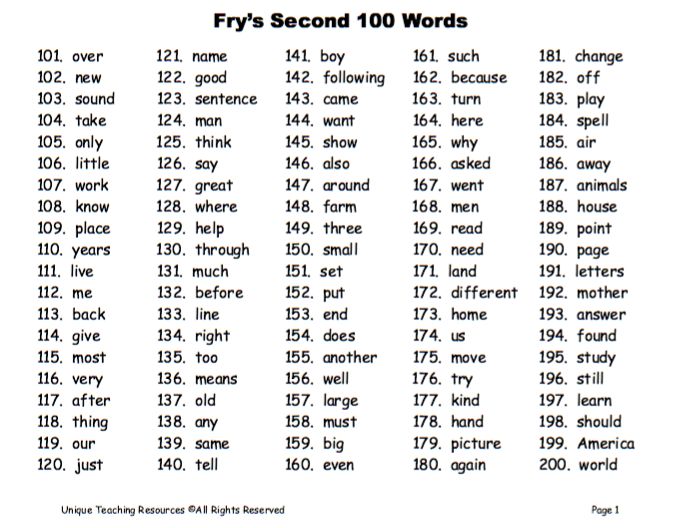 On its basis, the following conclusion was made: for effective memorization, it is necessary to repeat the memorized material.
On its basis, the following conclusion was made: for effective memorization, it is necessary to repeat the memorized material.
To remember information for a long time, after studying it, you need to repeat it at least five times:
- 20-30 minutes after the first study;
- after a couple of hours;
- next day;
- after 1-2 weeks;
- 2-3 months after the fourth repetition.
With the help of traditional methods (and repetition is one of them), it will not be easy to achieve a great effect. Effective methods are little known, so it is very difficult to learn many words at once.
Other traditional methods
- Learn with a dictionary, in order
Boring and inefficient. Words start the same but have different meanings, making them hard to remember. Also, you don't know in what context the word is being used.
If you want to use a dictionary, it is more convenient to make a list of words on a specific topic, for example, select the category "Clothes" or "Travel".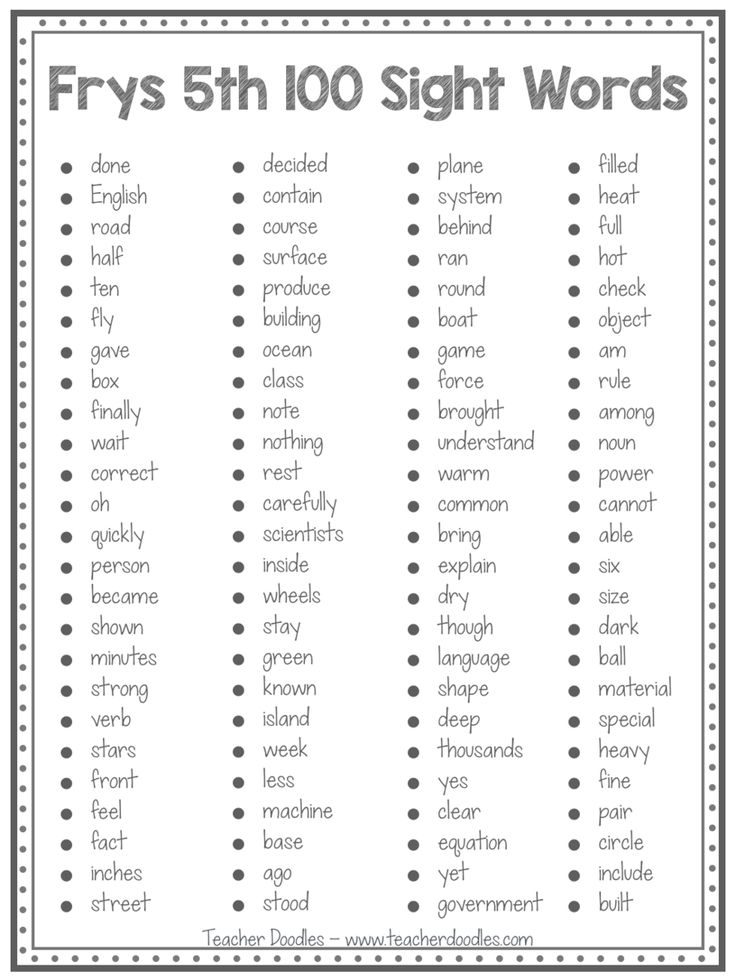 A community of related words is easier to remember.
A community of related words is easier to remember.
- Learn from sticker cards
On one side of the card we write the word in Russian, on the other - in English. You need to spend time making cards, but you can carry them with you and repeat words when you have a free minute. If you do not want to mess with paper, you can download a special application to your smartphone.
- Learn words in context
For example, when watching series or movies. For beginners, it’s better to start with TV shows, you can watch them with subtitles. Do not memorize an unfamiliar word separately. Write down or copy the whole sentence from the subtitles at once. So you remember in what situations it can be used.
Method of associations or "Mnemotechnics"
The method of mnemonics is gaining popularity.
The basic principle of this technique is the memorization of information by building visual links between a word and its meaning.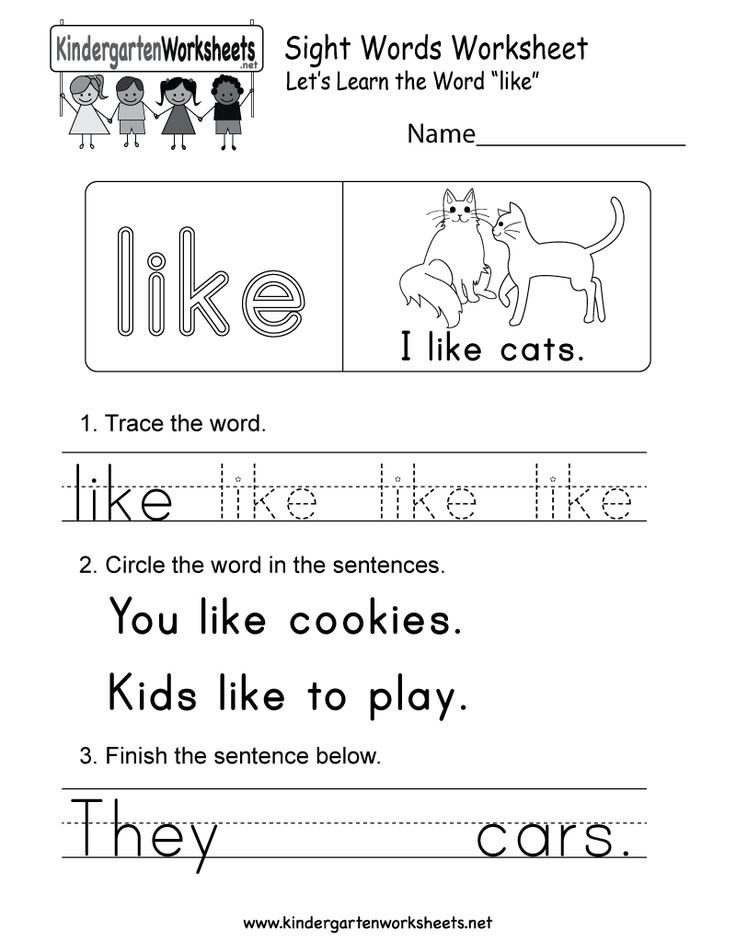
Facts about mnemonics:
— Scientists have found that visual connections are best created in the human brain.
- The method appeared 2.5 thousand years ago. It was used by the ancient Greeks, including the famous thinker Socrates.
— Mnemonics gives quick results. Any person, if desired, can reach a memorization speed of 100 words per hour or more.
Why mnemonics?
“The visual lobes that are most involved when using this technique are the most powerful in the human brain, as they contain the most neurons.
- Any word in a person’s head has a meaning in the form of a specific picture. By building associations, neural connections arise, they can be compared to a wire connecting a word to a picture, for example, when we hear the word “dog”, we imagine a dog.
— Associations are the shortest way to access any information. For example, you hear a familiar song and remember the situation in which you heard it before.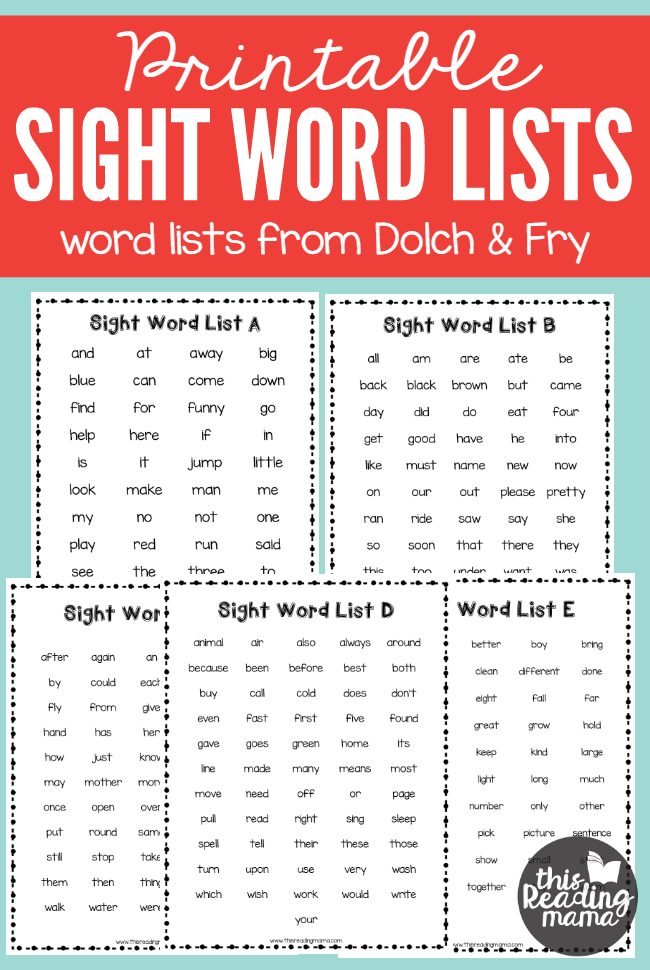
- This technique in practice showed really excellent results - after a few trainings, you can remember 100-300 words per approach.
Algorithm
Step 1
Present a bright, concrete picture. Let's say you want to learn the word fist (fist), you need to vividly imagine a clenched fist.
Step 2
Find an association by similar sounding with a Russian word. Fist in English fist. You can, for example, imagine a pistachio clenched in a fist. Ridiculous and funny associations are best remembered: the brighter, the better. It is also worth creating your own associations, as they will be more vividly deposited in memory.
Step 3
Match the association with the picture. The picture depicting the word and the picture-association should be visually connected. For example, remembering the word crown (crown), you can imagine a crane lifting a crown. If the crane and the crown in your imagination are just next to each other, there will be no effect, it is better to imagine that the crane lifts the crown by the edge or on a rope.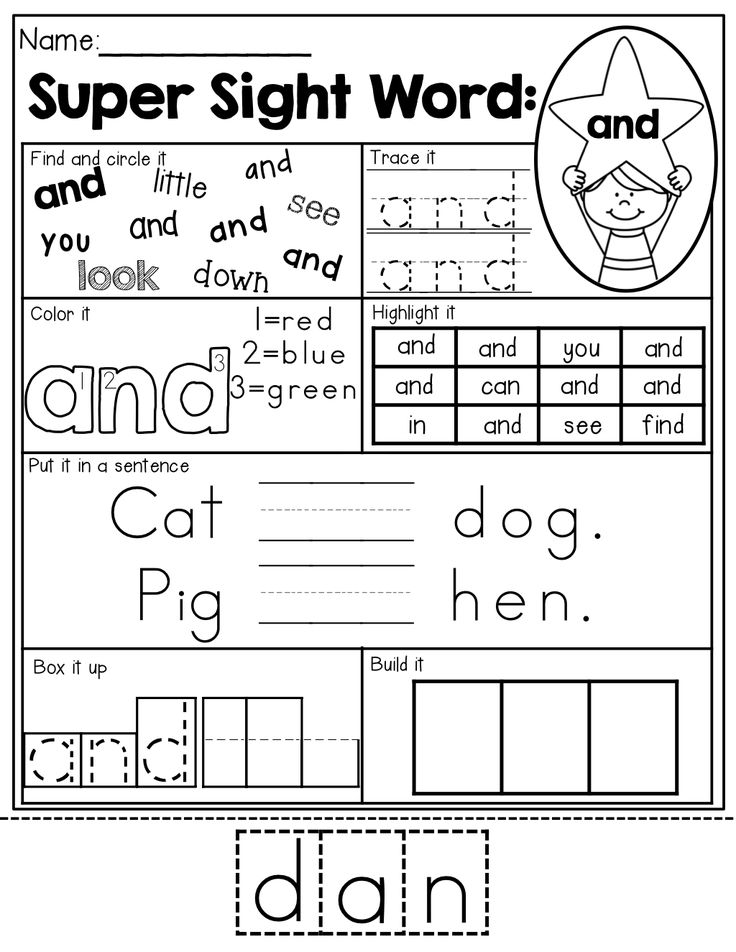 It is better to imagine a huge crown, since large objects are better remembered. You can also add a certain sound or music playing in the background, which would be associated with the crown.
It is better to imagine a huge crown, since large objects are better remembered. You can also add a certain sound or music playing in the background, which would be associated with the crown.
Step 4
Repeat the memorized word aloud 4-5 times in English, slightly raising your eyes up, as if looking at the bridge of your nose. Scientists have found that with this position of the eyes, the largest number of neurons are activated. Keep your eyes open, if you remember with your eyes closed, then you will remember with your eyes closed.
Step 5
Repeat the words - at least in an hour or two, in a day and in a month. Qualitatively created associations are stored in memory for a month. If you do everything according to the algorithm with repetition, you will remember the words for years.
Typical errors
— Trying to learn everything at once
Many begin to study intensively, wanting to learn English in a week or a month and quickly quit. It is much more effective to allocate a little time, for example, half an hour, but every day. So the brain will have time to process the information and there will not be too much break for the word to be forgotten. At the same time, the memory will be in good shape, and there will be no overloads.
It is much more effective to allocate a little time, for example, half an hour, but every day. So the brain will have time to process the information and there will not be too much break for the word to be forgotten. At the same time, the memory will be in good shape, and there will be no overloads.
- Immediately learn difficult words that do not correspond to the level of knowledge of the language
If the word is even difficult to pronounce, do not learn it. Beginners need to learn the most commonly used words, which are about 400 words. More than half of them are verbs. Start easy and build up the difficulty.
- Do not repeat what you have learned
Without repetition, new words are forgotten.
- Learn without understanding the context
You will not be able to use new words if you do not know in what situations they are used.
- Learn wrong pronunciation
You must first listen to the correct pronunciation, even if you know the rules of reading well. The site wooordhunt.ru is good for listening.
The site wooordhunt.ru is good for listening.
Tips for those who want to learn words effectively
— The more practice, the better.
Experience has shown that after 300 learned words errors disappear, associations appear in the imagination very quickly and the end of the word is remembered well, even if the association is consonant only with its beginning.
— It is important to learn quickly, without delay.
For example, choose a thematic list for yourself, set a timer and read all the words in one minute.
— Increase the load gradually .
— Move from simple to more complex words.
Choose the simplest ones that are easiest to learn. Then set aside five minutes to learn them, and five minutes to rest. Then learn more difficult words from this list.
- nine0141 Organize words into groups according to topics and parts of speech.
First it is better to learn nouns, then adjectives, then verbs.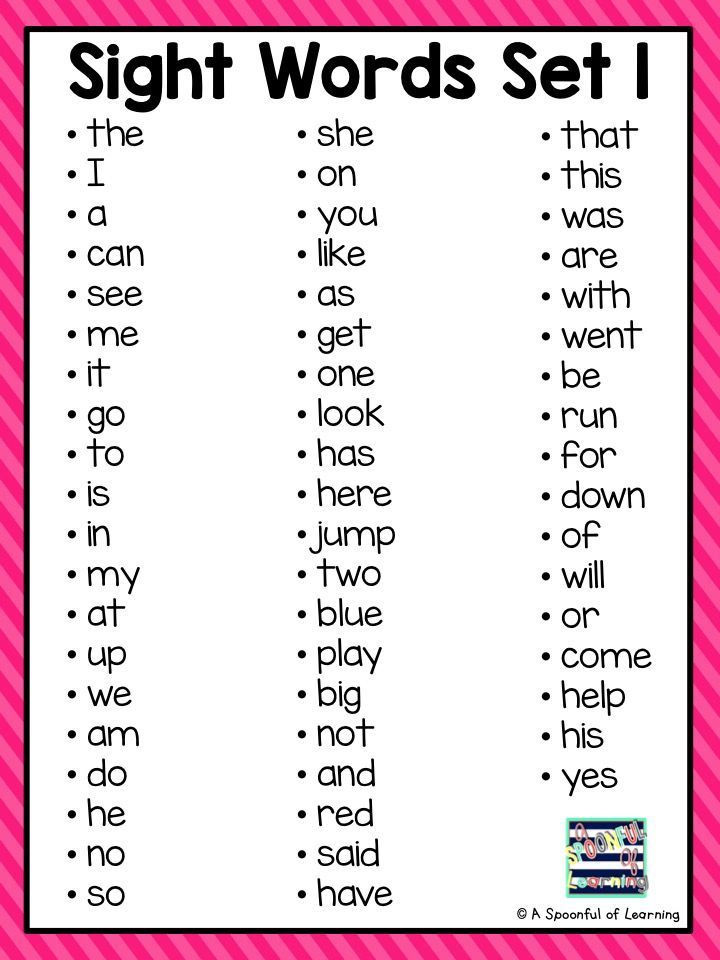
And most importantly
- Share your progress with friends to keep you motivated.
- Reward your progress to get used to the fact that learning is good.
- Develop memory in general, not only in English.
- Practice the learned words in conversation clubs to finally fix the words in context.
By the way, we just have an excellent free section "Dictionary" on the site. In it, we tried to take into account all the components of successful memorization of words. You can choose from ready-made sets of words, as well as create your own. In addition, many more useful things await you: from videos and a blog to conversation clubs and lessons with a teacher via Skype.
Bonuses for Habr readers
Online courses
We give you access to the English course for self-study "Online Course" for a year.
To gain access, simply follow the link.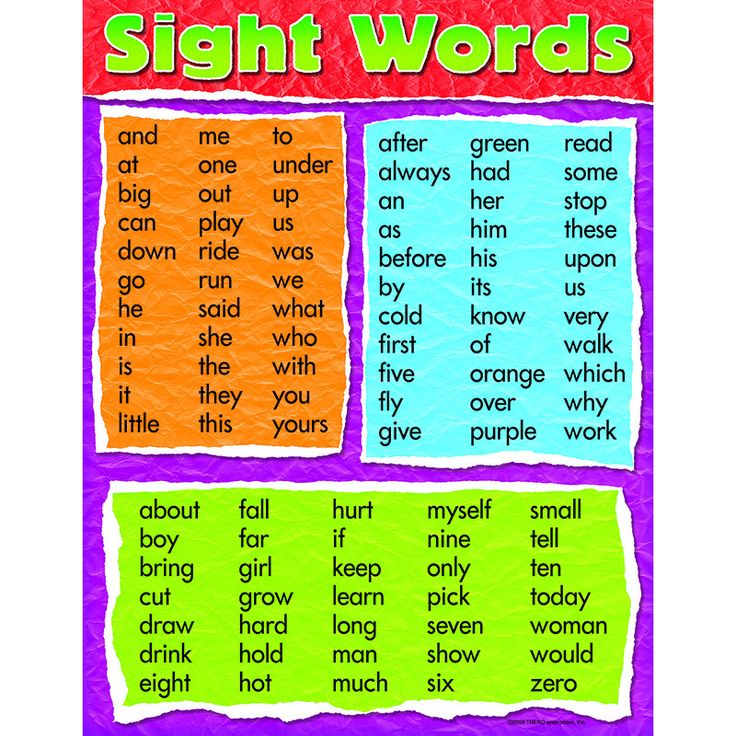
Individual via Skype
Specialized course "English for IT-specialists"
Classes are held at any time convenient for you.
Promo code for 15% discount: 5habra15
Valid until June 1st. Enter it when paying or use the link.
Among our students there are already students from GeekBrains, ITVDN, Softengi, Netology. Join now! And we wish you only successful interviews and career success.
How to learn words so that they are not forgotten? – English with Experts
Hello everyone!
Today's post is about a burning issue for foreign language learners, namely:
“How to learn words so that they are not forgotten the next day or week?”
Here are 4 tips from my personal (successful) experience in learning English.
Tip 1: Choose high-frequency words.
It makes no sense to waste time learning exotic words and expressions that you are unlikely to use when communicating.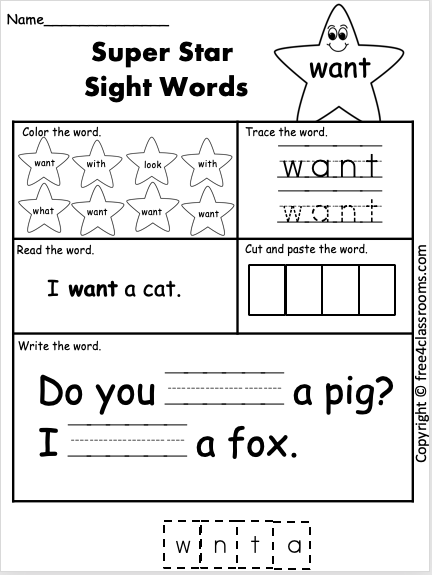 It is smarter to learn high-frequency words.
It is smarter to learn high-frequency words.
“Okay,” you say, “How do you recognize these high-frequency words? After all, if I don’t know the word, how will I know if it is high-frequency or not?” Logical question. Below is the solution.
Tip 1: See if your new word is on the list of high frequency words. Where?
You can here.
This is a list of the most frequent words in English. Feel free to download and use (Do you remember about Ctl + F, which helps to search for a word in a document?)
Tip 2: Choose words from adapted materials.
Although some people think that you can immediately learn a language from non-adapted (authentic) materials, I do not agree with them, because students often lose heart from non-adapted literature. Too difficult! A sea of new words! Familiar feelings? If so, then it would be better for you to take adapted materials.
You can start with books like Penguin or materials like Voice of America that have been adapted for language learners. These materials contain only ‘selected’ words and expressions and you will not waste time on rare and intricate phrases for which you are not yet ready.
These materials contain only ‘selected’ words and expressions and you will not waste time on rare and intricate phrases for which you are not yet ready.
If you study with a teacher, he will help you select high-frequency phrases.
Tip 2: Learn words only in context - never learn a ‘lonely’ word
Why? (i) To better remember and (ii) use the word correctly in the future.
Our memory is arranged in such a way that we remember phrases and situations better than individual words, since situations create more vivid images and associations. Take advantage of this and surround the word with context.
How?
Tip 1: Copy a sentence or part of a sentence so that the words are not left alone, i.e. by themselves.
Tip 2: Type in a word or expression into google.co.uk or google.com.au and look through several search results. For what? You will see in what situations your word or expression is used and remember it much better. Scientists call this breadth and depth of memory.
Scientists call this breadth and depth of memory.
In other words, the more different situations you see with a particular word, the better you will remember that word.
There is an opinion that a word must be encountered at least 9 times in different situations in order to remember it. I also heard that 7 'meetings' might be enough. The number of “meetings” with a word before you finally remember it will depend on various factors, for example, on your memory, time of day, whether you drank your morning coffee ... etc. In any case, the verdict is obvious: the word must be seen in different situations, but how many times is how lucky.
Another option for finding situations: You can use the corpus (not the search engine).
2 most popular cases. British English Corps and American English Corps.
You can put a word into a corpus (use of the corpus is free) and look at 7-10 situations with your word. After that, your word will be remembered much faster.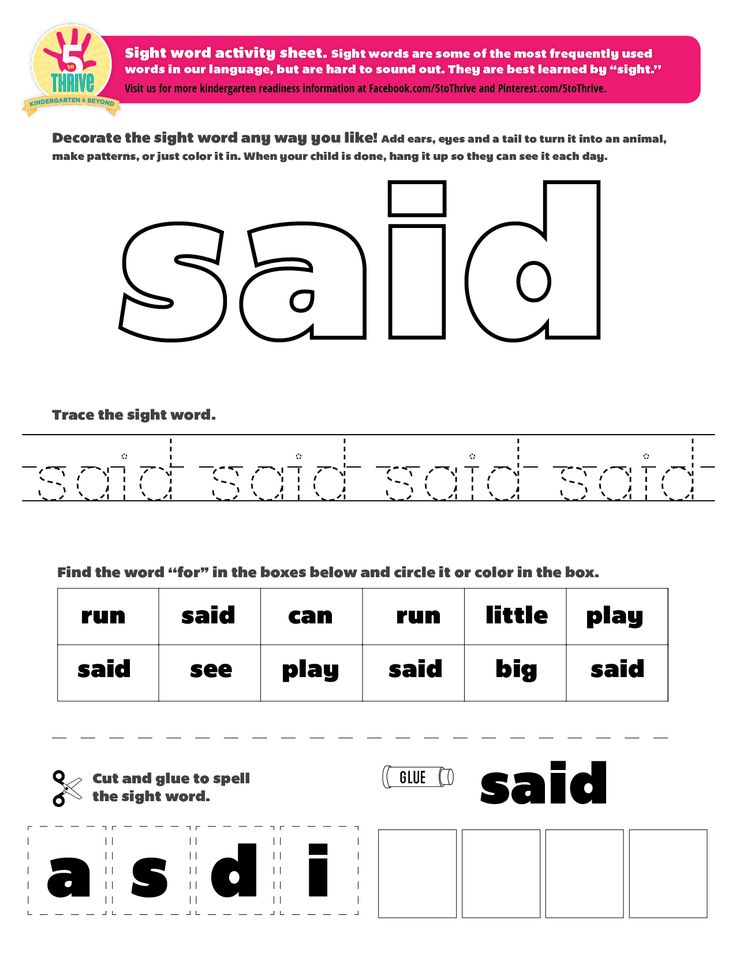
Tip 3: Come up with bright, absurd associations with new words.
Yes, they are bright and absurd.
The more unusual (and possibly indecent) your association is, the better you will remember the new word.
Why? This is how our memory works.
All new information fits into the existing memory infrastructure and is linked to other information by 'bridges'. The more bridges, the better. And bright and unusual situations create stronger 'bridges'.
Tip 4: Be mindful of forgetting cycles and optimize repetition.
Every day we read, hear, see a huge amount of information. If we memorized everything that comes across to us, then our head would probably explode ...
Our brain has learned to cleanse itself of information. Therefore, every day our brain makes a 'revision' of information and throws out 'unnecessary'. What is it based on? Mostly on when it (the brain) saw the information for the last time.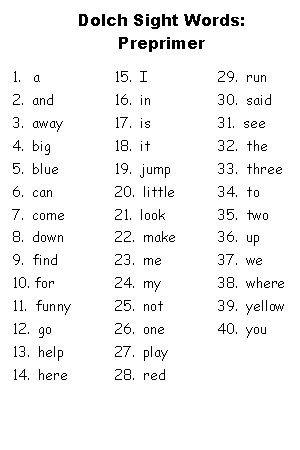
Cycles of forgetting are more or less defined by scientists. It is said that we forget the most on the first day after learning new information. The next wave of cleaning comes on the 2nd day. Then on the 4th and 7th days.
What does this mean?
Repetitions should be carried out just on these days, namely on days 1, 2, 4 and 7, when you are most likely to forget these new words. Moreover, on the first day it is advisable to repeat a couple of times, since this is the most ‘risky’ day.
Tip: When I was learning English myself, I actively used the technique of repeating words on days 1,2,4 and 7. At that moment, it was convenient for me to make cards. I had 7 stacks (the 'week' set) and added words to each stack based on when I first learned them. If I were learning the language now, then most likely, instead of paper cards, I would use electronic repetition programs that can be synchronized with smartphones (for example, Anki or Memrise ).